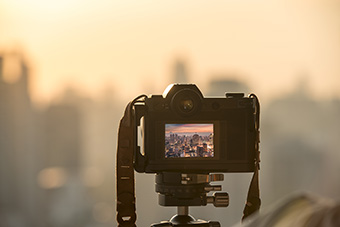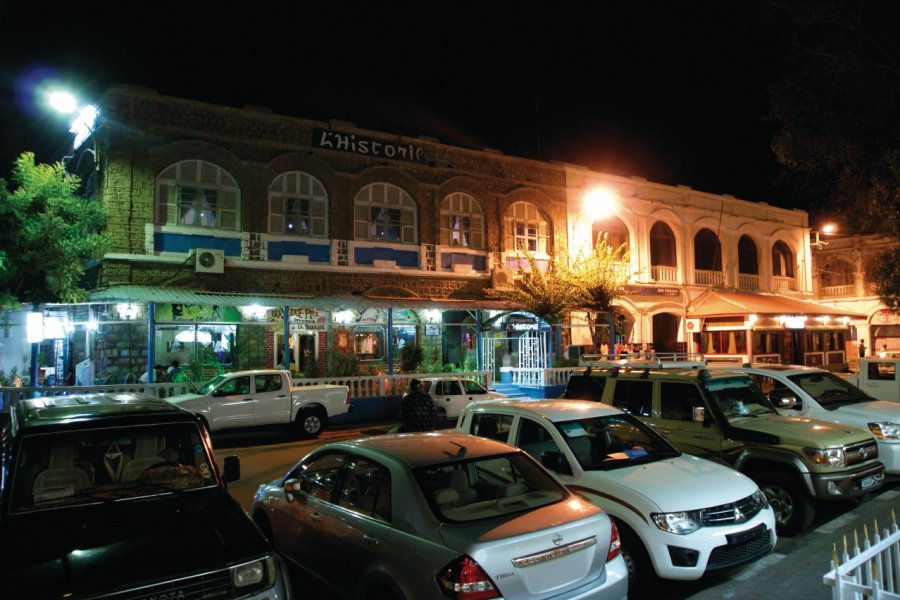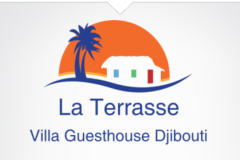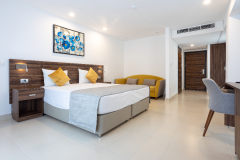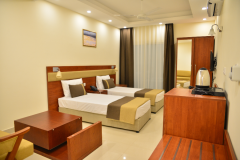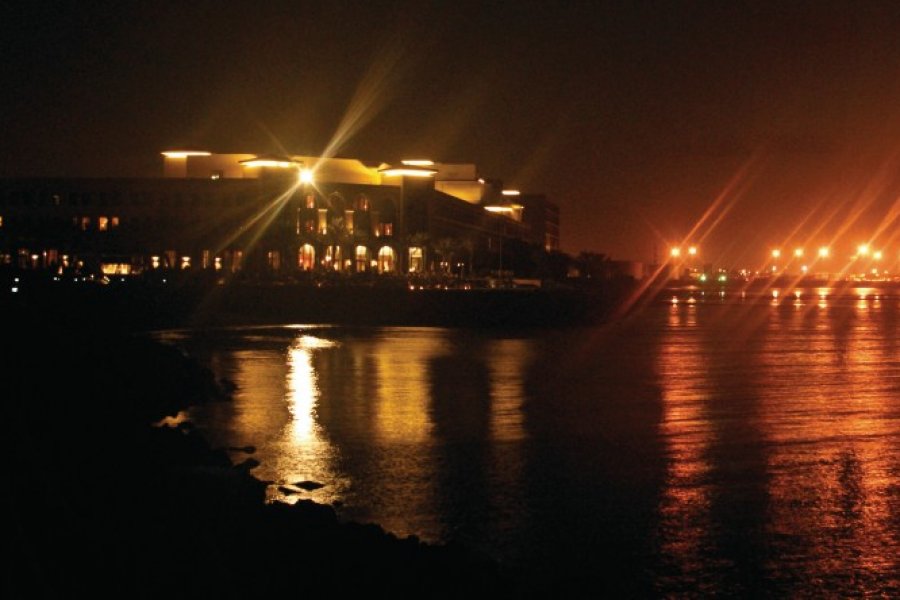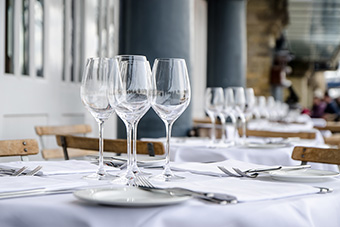What to see, what to do Djibouti?
The 10 good reasons to go Djibouti

The Gulf of Goubet
Contemplate the intense blue of the gulf drawn by the volcanic rock that cuts the shoreline.

A land of adventurers
In the footsteps of those writer-travellers who made Djibouti a mythical land.

Djiboutian hospitality
A multicultural crossroads, a land of exchange, hospitality is no empty word here.

A confidential destination
A tourist destination that has remained off the beaten track. Thrills guaranteed.

A mineral landscape
An extraordinary natural laboratory, with geological sites that are unique in the world.

A small country
One week is already enough to discover the whole of this small piece of land with its unique charm.

An underwater paradise
An exceptionally varied seabed, to the delight of divers.

Little time difference
No (or little) jet lag. This avoids the annoying effects of jet lag on arrival.

Architecture of the Capital
The historic urban landscape of Djibouti is worth a discovery on foot, nose to the wind.

Surrealistically beautiful lakes
Lac Abbé and Lac Assal, two exceptional sites that fascinate travellers.
What to visit Djibouti?

Interview: My Djibouti
By Sophie Rocherieux, author of the guide
After a childhood and adolescence between three continents, Sophie Rocherieux graduated in InfoCom and multimedia journalism, and has become passionate about writing, distant travels, human encounters and discoveries around the world. In love with Africa, she recently discovered Djibouti, happy to be able to explore and share this emblematic destination.
See the video of the interviewGood to know to visit Djibouti
 Timetable
Timetable
As in most Muslim countries, the weekly vacation is Friday. In Djibouti, government offices are open from Sunday to Thursday, from 7am to 1pm and from 2pm to 5pm. In the private sector, work generally runs from Saturday to Thursday, 8am to 12:30pm and 4pm to 7pm. On the whole, life slows down in the hot afternoon hours. Stores are open until midday and from 4pm onwards. Department stores are open every day until 10pm. Some banks open on Saturdays. Currency exchange offices close only on Fridays. During Ramadan, business and administration have adapted opening hours and everything functions more or less normally, with the exception of small restaurants and food stores, which only open at sunset.
 Budget & Tips
Budget & Tips
Life remains expensive in this strong-currency country, where nothing is produced and everything is imported. Food and public transport are not too expensive, although fares are considerably higher than in neighboring countries. A meal in a restaurant in Djibouti-Ville costs around 3,000 FDJ, and between 400 and 800 FDJ in a snack bar. For accommodation, if you want to avoid the capital's lower-end hotels, you'll need to reckon with an average of €100 per person per night. Outside the city, for campsites or traditional accommodation, you'll need to pay €50 per person per day for full board. Activities at sea or inland (diving, hiking, excursions, fishing) are not for everyone's pocket either. However, with a minimum of 4 people, if you opt for a trekking-discovery package, for example, it's quite possible to do a ten-day tour for around FDJ 20,000 per person per day, all-inclusive (accommodation in traditional camps or bivouacs, trekking, meals and 4x4 transport with driver-guide), which is very reasonable.
 Main events
Main events
All the festivals linked to the Muslim calendar are important events in the lives of Djiboutians: Eid al-Fitr (end of Ramadan), Eid al-Adha (Feast of the Sacrifice), the1st Muharam (Muslim New Year), Mouloud (birth of the Prophet) and Al-Isra Wal Miraj (the ascension of the Prophet) Muslim holidays are calculated according to the lunar calendar, so their dates vary from year to year.
 Smokers
Smokers
In theory, smoking is forbidden in bars and restaurants, except in special areas set aside for smokers. Shisha smoking is subject to the same ban. In practice, unless there is a dedicated smoking area, you tend to smoke as you please, wherever you please. In some hotels, it's better to ask for a strictly non-smoking room if you want to avoid the smell of cold tobacco.
 What's very local
What's very local
The heat requires light clothing. Women will not have any particular problem dressing up, even in the city. However, it is advisable to avoid plunging necklines and mini-shorts. With a minimum of common sense, respecting the local customs, paying attention to the way of dressing and signs of wealth that could contrast with the local standard of living, everything should go well.
